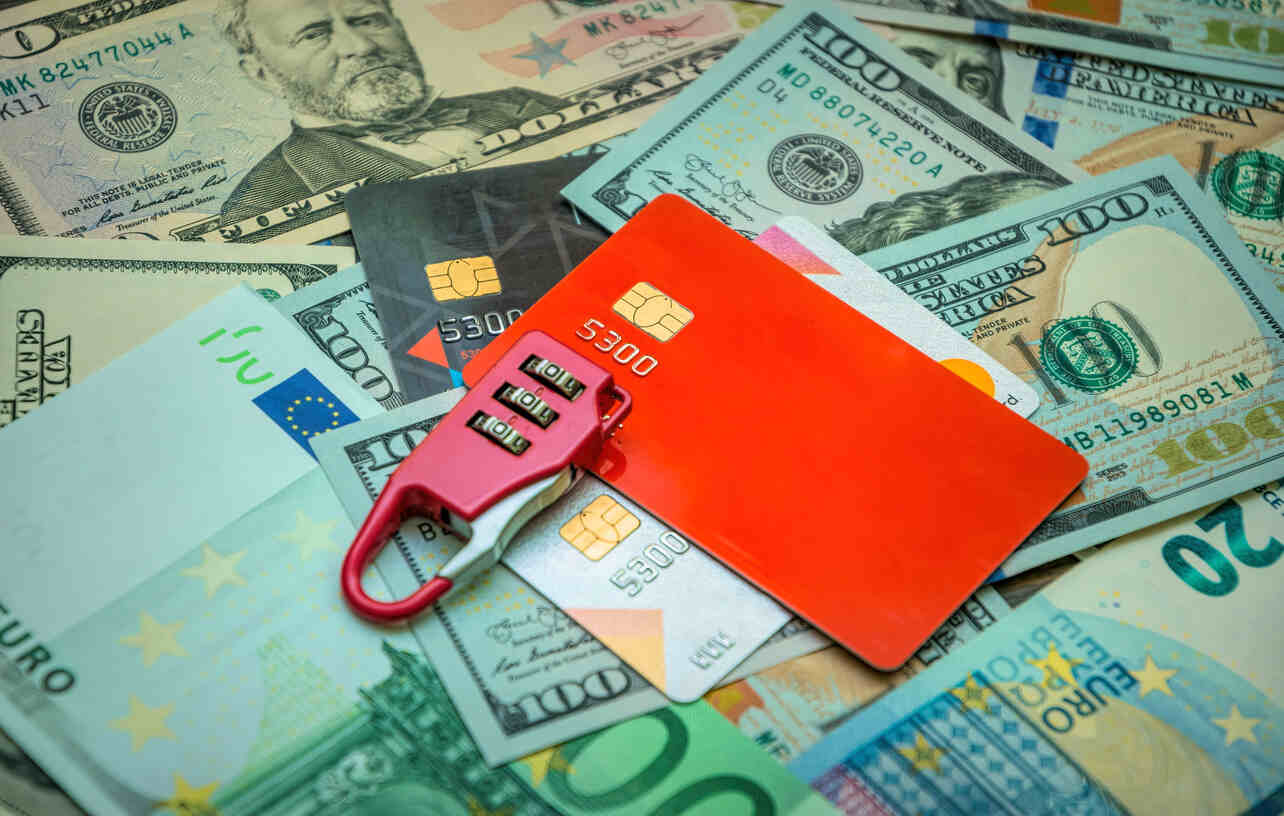Trade and customs fraud has become a top enforcement priority for federal prosecutors, especially as global supply chains become increasingly complex and U.S. tariff policies evolve. Federal agencies tasked with identifying false declarations, undervalued goods, misclassification of imports, and tariff evasion are scrutinizing businesses and individuals involved in international commerce more closely. While many trade violations begin as civil enforcement matters, they can quickly escalate into criminal investigations when there is an alleged intent to defraud the government.
At Trombley & Hanes, our Tampa criminal defense lawyers represent Florida clients facing serious consequences for alleged customs violations. Understanding the legal landscape is critical when responding to allegations of trade and customs fraud, whether you are an importer, logistics provider, or company executive.
What Constitutes Trade and Customs Fraud?
Trade and customs fraud generally refers to intentional acts designed to deceive U.S. Customs and Border Protection (CBP) or other agencies involved in monitoring the movement of goods across borders. These violations often include using false or misleading information regarding the nature, value, origin, or classification of imported or exported goods. The goal is typically to reduce or avoid the payment of lawful duties, tariffs, or import restrictions.
Common allegations include:
- Understanding the value of imported goods to reduce tariff obligations.
- Misclassifying goods under incorrect Harmonized Tariff Schedule (HTS) codes.
- Falsely claiming that goods originate from a country eligible for preferential trade treatment.
- Structuring shipments to avoid quota limits or licensing requirements.
- Using shell companies to obscure the true origin or ownership of goods.
In some cases, violations may involve goods imported from countries or entities designated as sanctioned by the government. This can trigger allegations of trade fraud and potential violations of national security laws or export controls.
The Role of Federal Agencies in Customs Investigations
Customs fraud investigations often involve multiple federal agencies, including CBP, the Department of Homeland Security, Immigration and Customs Enforcement (ICE), and the Department of Justice.
These agencies may receive tips from whistleblowers, utilize audit programs to identify inconsistencies, or rely on data sharing with foreign customs authorities.
When violations appear willful or involve large volumes of goods or substantial financial loss to the government, prosecutors may bring criminal charges. These charges can include conspiracy, wire fraud, smuggling, false statements, and violations of the Tariff Act. Individuals and companies found guilty may face significant penalties, including forfeiture of goods, steep fines, government contract debarments, and even federal prison sentences.
Developing a Defense Against Trade and Customs Fraud Allegations
Responding effectively to customs fraud allegations requires a deep understanding of regulatory requirements and federal criminal law. At Trombley & Hanes, we assist clients at all stages of an investigation, from administrative audits to grand jury subpoenas and indictment. We analyze the facts, determine whether the alleged violations resulted from error or oversight, and challenge any assumptions of criminal intent.
Our team collaborates with forensic accountants, trade compliance experts, and former prosecutors to construct a robust defense. Early intervention can often lead to favorable resolutions that entirely avoid criminal exposure.
Legal Guidance Backed by Experience
Facing trade and customs fraud charges can threaten your business operations, professional reputation, and personal freedom. The consequences of a conviction are serious, but you do not have to navigate this process alone.
Contact Trombley & Hanes at 813-229-7918 or online to schedule a confidential consultation. Our experienced federal defense attorneys are ready to protect your interests and pursue the best possible outcome in your case.





